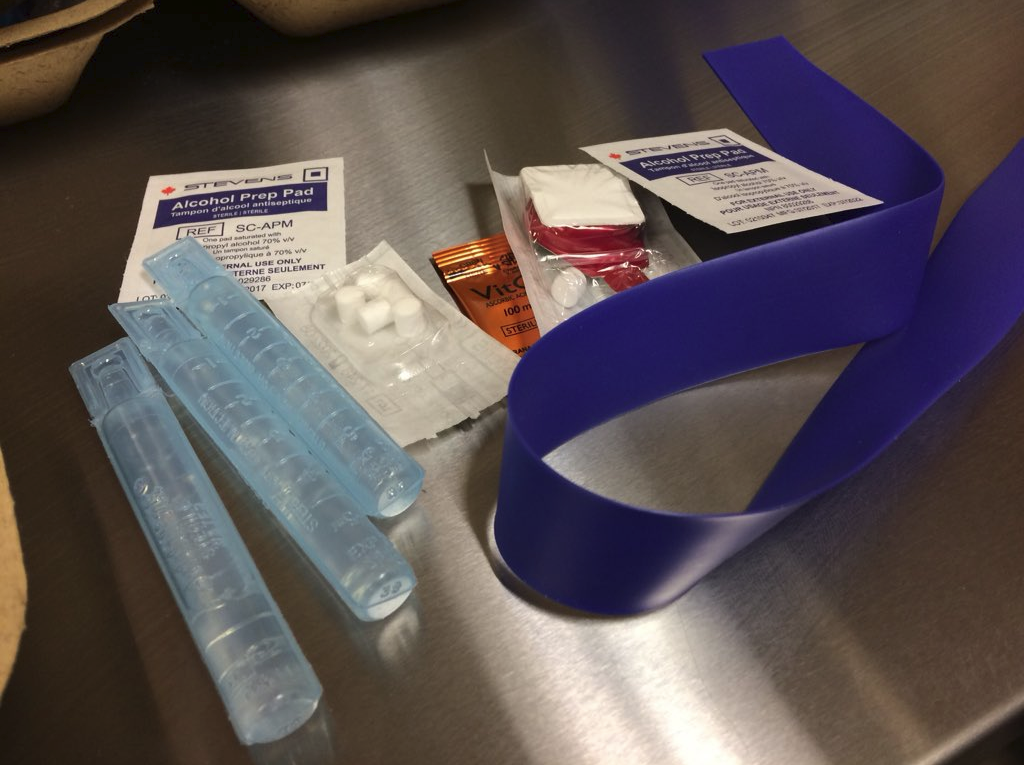A temporary overdose prevention site in London is celebrating its one-year anniversary by remembering the 76 overdose deaths reversed, and reflecting on those who’ve lost their lives to widespread opioid-use.

“It’s remarkable,” said Brian Lester, executive director of Regional HIV/AIDS Connection (RHAC), reflecting on the 13,000 client visits the facility has seen over the past 365 days.
“This has filled a much-needed gap in the continuum of care for addictions related and mental health related services. The need was there. People have responded and accessed the service extensively over the past year.”
Although officials have always been clear about the site’s purpose — to provide love, kindness, and a clean space for injection drug users to get high — they haven’t often been sure of the site’s future.
Operations at 186 King St. have been cast into doubt several times since the provincial election, with the Progressive Conservative government announcing in August that it’d conduct a review of supervised consumption as a practice, and granting the site its approvals for just months at a time.

Get weekly health news
“The uncertainty in terms of not knowing from month to month whether we’re going to be providing services has caused in inordinate amount of stress on the staff and the people we serve. That’s never an easy thing to deal with,” he said.
“Really, we’re dealing with life and death decision making.”
And its period of uncertainty isn’t over yet. Lester said the temporary site, embedded inside 186 King St., has funding until the end of March this year, although he’s “confidently anticipating” the province will continue granting funding until a permanent site opens up at one of two locations at 241 Simcoe St. and 446 York St.
The former is currently undergoing an appeals process which the region’s medical officer of health, Dr. Chris Mackie, calls “disapppointing,” after city council voted in favour of a zoning bylaw change that it needed to move forward.
“I’m very confident we’ll come through successfully in the long run,” Mackie said, noting that there’s been less of the “constant conflict” he and other public health officials engaged in a year ago over the site’s effectiveness.
In fact, Mackie said one of the complaints from neighbours has been that they want the site to be open longer hours so that people are less likely to inject publicly in the evening.
He added that the facility’s approach to treating people who inject drugs with love and kindness is an approach he wants to see across all sectors of health.
“At Middlesex-London Health Unit, we really want to embed that in the work we do every day.”
Overdose prevention sites are approved by the province and are temporary facilities set up to address an immediate need in a community. Safe injection sites are more permanent locations approved by the federal government after a more extensive application process.
Statistics Canada data shows that in the first six months of 2017, there were 1,460 opioid-related deaths in the country and that count is expected to rise as data becomes available.












Comments